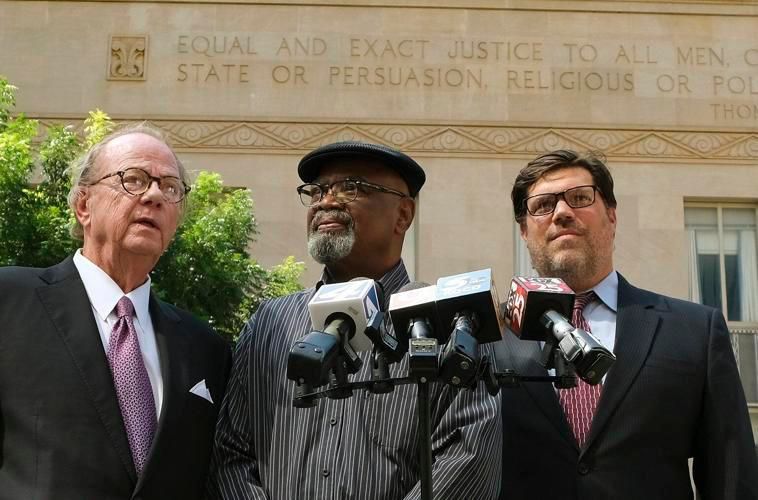Oklahoma's Inaction on Wrongful Convictions
46 Oklahomans have been officially exonerated since 1989

Studies consistently show that the death penalty is much more expensive than incarceration for natural life in prison, and wrongful conviction compensation is one of the death penalty’s many hidden costs. The federal government and states decide whether and how much they will pay prisoners for wrongful incarceration. Typically, the amounts increase depending on the type of penalty, the scope of official misconduct, and the length of time incarcerated, although there are often caps on the maximum amount of compensation.
The Death Penalty Information Center reports that 71% of death row exonerations involve official misconduct, including 95% of death row exonerations that took 30 years or longer. With the increasing length of time before exoneration, capital cases have resulted in some of the largest wrongful conviction payments.
Andrea Miller, the legal director of the Oklahoma Innocence Project, wrote an opinion piece in the Oklahoman touching on recent high-profile exonerations in the state of Oklahoma and the lack of action state officials are taking to reduce wrongful exonerations in the state.
Excerpts from the piece titled "Oklahoma has done nothing to reverse course on wrongful criminal convictions" are included below.
*****
465.
That is the number of years collectively stolen from Oklahomans who have been wrongfully convicted of a crime. A total of 46 former inmates in Oklahoma have been officially exonerated since 1989.
10.
That is the number of years it typically takes to investigate, litigate and exonerate an innocent prisoner. That is because, after the system gets it wrong, it is very hard to correct the error.
After numerous high-profile exonerations, including death penalty cases, the question is not whether we have mistakenly convicted innocent people. The real question is, how many people have we wrongfully convicted? More importantly, what are we going to do about it?
Among the 46 wrongful conviction cases in Oklahoma, more than half were overturned based on some form of prosecutorial misconduct. The innocent defendants in those cases languished in our prisons for a collective 292 years.
Despite the number of cases marred by official misconduct, shattering countless innocent families along the way, the state of Oklahoma has done nothing to correct course. Neither the Legislature, the courts, nor the Oklahoma Bar Association has lifted a finger to restore the full integrity of our criminal justice system.
Oklahomans should not be forced to choose between justice and public safety. The two are not mutually exclusive. Injustice actually undermines public safety by eroding everyone's faith in our justice system.
We must demand better of our criminal legal system and the powerful people who work within it. The courts have to be willing to correct error when an innocent person has been convicted. There should be consequences when a prosecutor purposely engages in unethical behavior. Finally, we should make it clear that even a single innocent person in prison is unacceptable.
If we fail to implement serious reforms, the next wrongly convicted Oklahoman could be your neighbor, your family member, or even you.
*****
Read the full opinion piece by Andrea Miller, the legal director of the Oklahoma Innocence Project, titled "Oklahoma has done nothing to reverse course on wrongful criminal convictions" at The Oklahoman.










